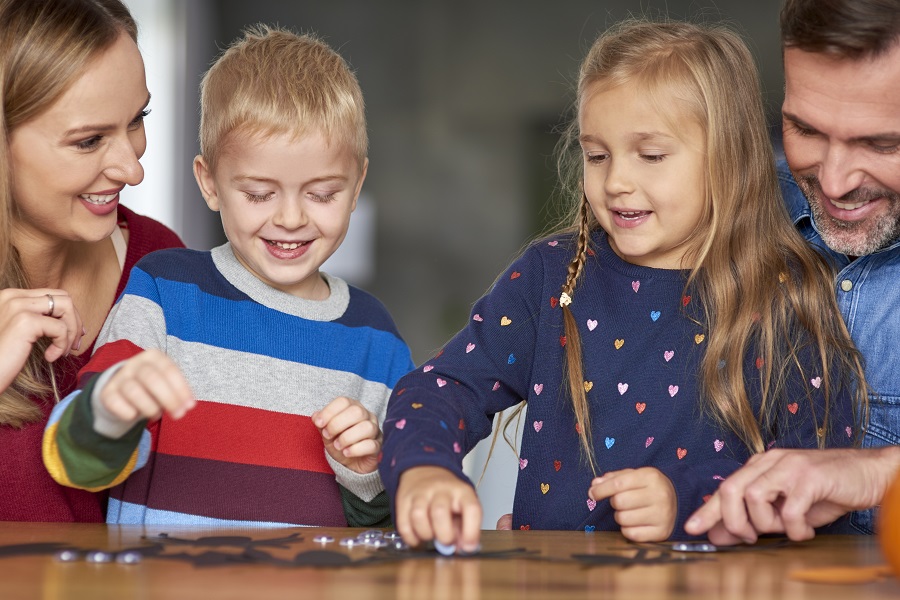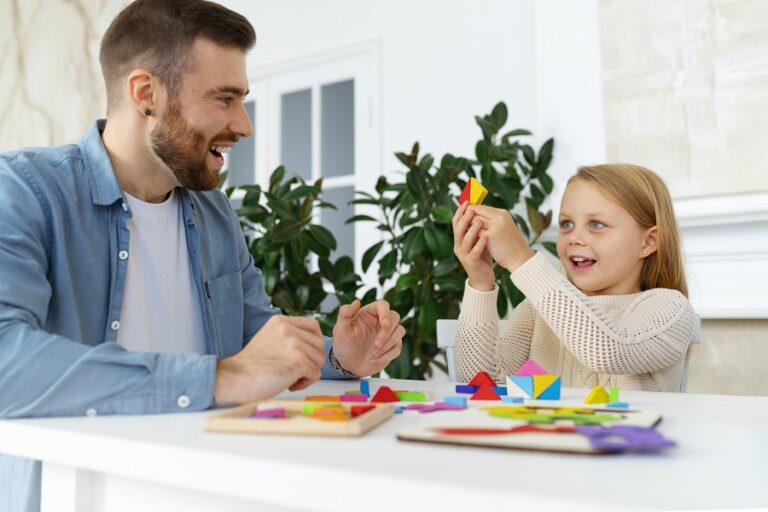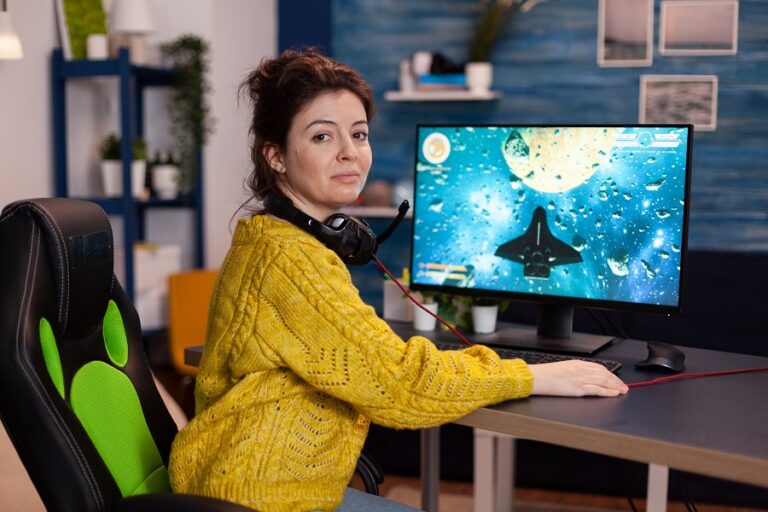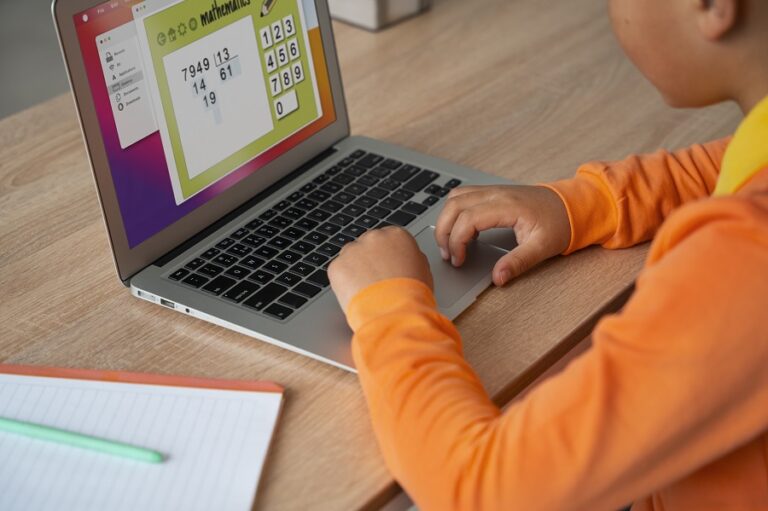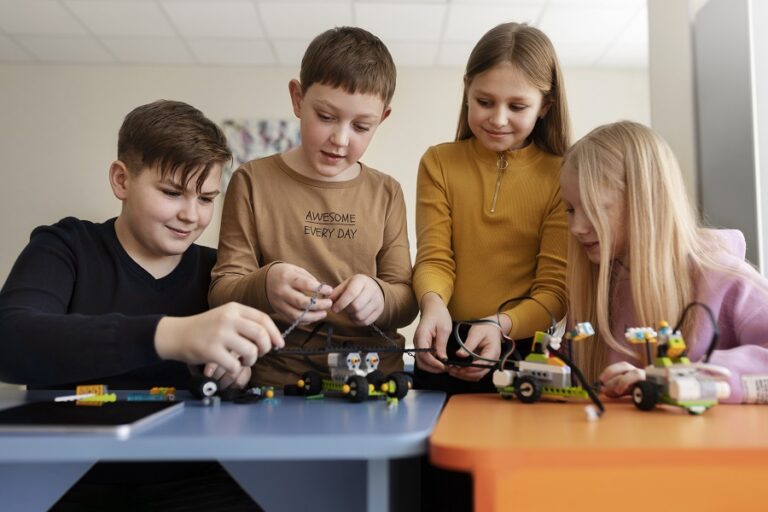Using Role-Playing Games to Build Social and Emotional Skills in Children
Role-playing games (RPGs) have long been popular for their immersive storytelling and creative gameplay. But beyond entertainment, they also hold a powerful place in educational and emotional development, especially for children. These games provide a platform where kids can explore emotions, solve social dilemmas, and improve communication — all while having fun. In this article, we explore how role-playing games can support the development of social and emotional skills in children and why parents and educators should consider them as valuable learning tools.
What Are Role-Playing Games?
Role-playing games are interactive experiences where players take on fictional characters and act out their decisions within a story or setting. These can be tabletop games like Dungeons & Dragons, digital RPGs like Undertale or Pokémon, or classroom-based improvisational activities. Whether guided by rules or open-ended, the essence of RPGs lies in storytelling, character interaction, and decision-making.
Building Empathy Through Character Perspective
One of the strongest benefits of role-playing games is that they place players in someone else’s shoes. Children get to step into the minds of characters who may face challenges, joys, or backgrounds different from their own. As they make decisions and experience the consequences through these avatars, they learn to understand different viewpoints. This builds empathy, a key emotional intelligence skill that helps children relate to others and respond compassionately in real life.
Improving Communication Skills
In role-playing games, communication is everything. Players must describe their actions, express their thoughts, negotiate with others, and listen actively. Whether a child is playing a wizard in a fantasy world or a store owner in a classroom market simulation, they’re developing verbal skills and the confidence to speak clearly and persuasively. These interactions mimic real-world conversations and teach kids how to share ideas, ask questions, and collaborate in groups.
Fostering Emotional Regulation
As children navigate role-playing scenarios, they encounter challenges, disappointments, and even conflicts — just like in real life. A mission might fail, a character may feel betrayed, or an imaginary friend might be lost. These events, though fictional, trigger real emotional responses. By guiding children through these feelings in a safe, imaginative space, role-playing games help them practice emotional regulation. They learn how to express frustration, cope with stress, and resolve conflicts constructively.
Developing Problem-Solving and Decision-Making
Role-playing games often present children with dilemmas that require strategic thinking and moral decision-making. Should their character help a stranger in trouble or stay safe? Should they save resources now or spend them for short-term gain? These decisions have consequences within the game, encouraging kids to think critically and reflect on their choices. Over time, they become better at evaluating situations, predicting outcomes, and making responsible decisions in and out of the game.
Encouraging Teamwork and Collaboration
Many RPGs are cooperative by nature. Players form a party or group, each with unique strengths, and work together to complete quests or reach goals. This naturally promotes teamwork, teaching children how to delegate roles, share responsibilities, and support each other. In multiplayer games, children learn to respect others’ ideas and adapt to group dynamics, skills that are essential in school projects and everyday relationships.
Creating Safe Spaces for Expression
For children who are shy, anxious, or neurodivergent, role-playing offers a valuable outlet for expression. They may find it easier to speak through a character than directly as themselves. The imaginative environment allows them to explore aspects of their personality, try out new behaviors, and build confidence. Teachers and parents often report that children who struggle in traditional social settings thrive in role-playing activities where they feel accepted and in control.
Examples of Role-Playing Games for Emotional and Social Learning
- Dungeons & Dragons (Tabletop RPG): Great for group storytelling, collaboration, and critical thinking. It encourages empathy and social interaction.
- Classroom Role-Playing Scenarios: Activities like mock interviews, community roles (e.g., shopkeeper, police officer), or historical reenactments promote social awareness and communication.
- Video Games like Undertale or Life is Strange: These games involve deep moral choices and character-driven narratives that challenge players’ emotional insight.
- Animal Crossing (Nintendo): This calm, social simulation game lets children build communities, make friends, and practice everyday conversations.
Tips for Parents and Educators
- Start simple: Begin with easy role-playing prompts or storytelling games. Let the child choose the character and guide the story.
- Join the fun: Playing alongside children models good social behavior and strengthens bonds.
- Debrief after play: Ask open-ended questions like, “How did your character feel?” or “Why did you make that decision?” to help children reflect.
- Set boundaries: Ensure all players understand the rules, and keep the space respectful and inclusive.
- Use educational themes: Tie the game to school subjects or real-world topics like kindness, problem-solving, or diversity.
Conclusion
Role-playing games are more than just a pastime — they are a bridge to stronger emotional intelligence, better communication, and healthier relationships. In a world where social-emotional learning is becoming increasingly essential, these imaginative activities provide a powerful, accessible, and enjoyable way for children to grow. Whether at home, in the classroom, or in a virtual world, role-playing games open the door to meaningful learning that sticks.
